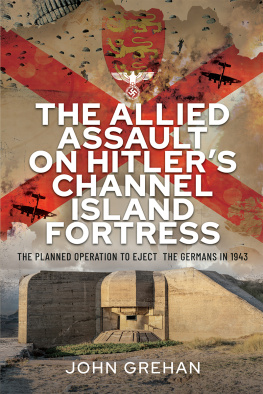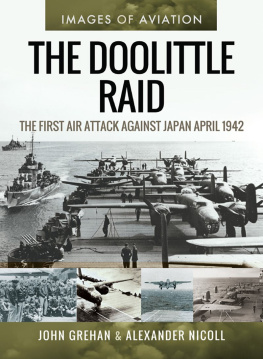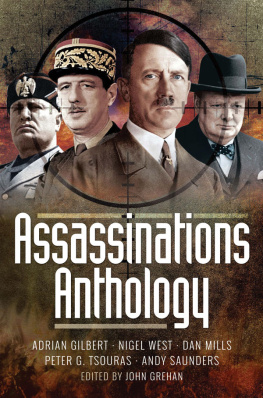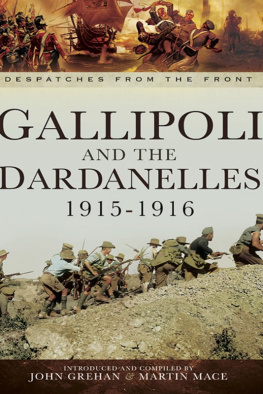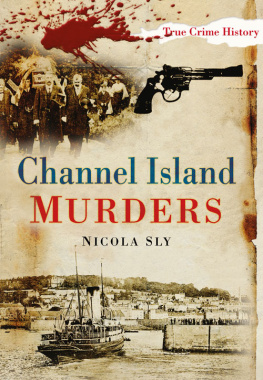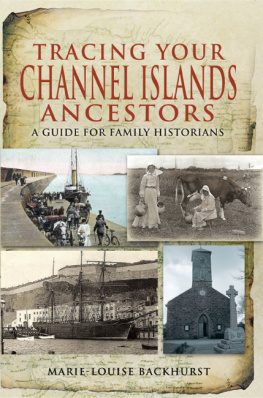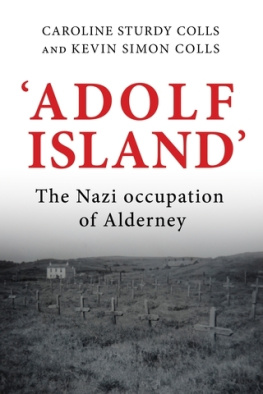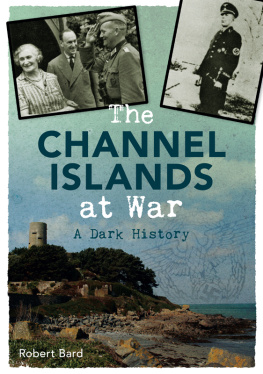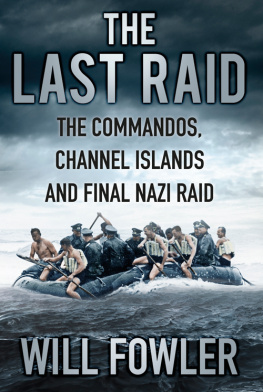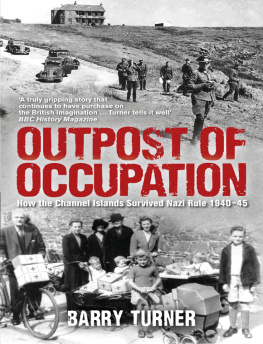John Grehan - The Allied Assault on Hitlers Channel Island Fortress: The Planned Operation to Eject the Germans in 1943
Here you can read online John Grehan - The Allied Assault on Hitlers Channel Island Fortress: The Planned Operation to Eject the Germans in 1943 full text of the book (entire story) in english for free. Download pdf and epub, get meaning, cover and reviews about this ebook. City: Barnsley, year: 2023, publisher: Pen and Sword History, genre: History. Description of the work, (preface) as well as reviews are available. Best literature library LitArk.com created for fans of good reading and offers a wide selection of genres:
Romance novel
Science fiction
Adventure
Detective
Science
History
Home and family
Prose
Art
Politics
Computer
Non-fiction
Religion
Business
Children
Humor
Choose a favorite category and find really read worthwhile books. Enjoy immersion in the world of imagination, feel the emotions of the characters or learn something new for yourself, make an fascinating discovery.
- Book:The Allied Assault on Hitlers Channel Island Fortress: The Planned Operation to Eject the Germans in 1943
- Author:
- Publisher:Pen and Sword History
- Genre:
- Year:2023
- City:Barnsley
- Rating:4 / 5
- Favourites:Add to favourites
- Your mark:
The Allied Assault on Hitlers Channel Island Fortress: The Planned Operation to Eject the Germans in 1943: summary, description and annotation
We offer to read an annotation, description, summary or preface (depends on what the author of the book "The Allied Assault on Hitlers Channel Island Fortress: The Planned Operation to Eject the Germans in 1943" wrote himself). If you haven't found the necessary information about the book — write in the comments, we will try to find it.
Under the codenames Constellation, Condor, Concertina, and Coverlet, the islands of Jersey, Guernsey and Alderney were to be attacked in 1943. The operation against Alderney would be preceded by a bombardment by between 500 and 600 medium/light bombers and an astonishing forty to fifty squadrons of fighters. The official papers which have now become available state that: The islands cannot be taken without causing some civilian casualties. In the case of Alderney, it is thought that the air bombardment will have to be on such a scale that all personnel on the island will have to become casualties.
A similar number of aircraft would attack Guernsey while, for the assault upon Jersey, thirty-one squadrons of heavy bombers and strike aircraft would bombard the islands east and west coasts. This would be followed, on D-Day, by parachute and infantry landings and then a commando assault in the south-west. On Day 2 of the operation the first of the tanks were to land, with more armor and infantry to follow on subsequent days. As the German garrison of the Channel Islands was some 40,000 strong, the islands would be turned into an enormous battlefield, and a vast killing ground.
The consequences for the Islanders were almost too horrendous to imagine and the political fallout beyond calculation if the operations failed in their objectives after the devastation and loss of British lives that the fighting had caused.
Despite all this, it was thought that such operations would become the second front so persistently demanded by Stalin to draw German troops from the Eastern Front and might also help the Allied forces which were about to invade Italy Operation Husky from North Africa. Equally, the Channel Islands would be the ideal base for the D-Day invasion of France scheduled for 1944.
There was much then in favor of mounting the operations against the Channel Islands regardless of the fact that it meant the death of untold British citizens at the hands of British troops and the Allied air forces. The Allied Assault Upon Hitlers Channel Island Fortress is, therefore, the first detailed analysis of what would have been the most controversial operation ever undertaken by the British and American armed forces.
John Grehan: author's other books
Who wrote The Allied Assault on Hitlers Channel Island Fortress: The Planned Operation to Eject the Germans in 1943? Find out the surname, the name of the author of the book and a list of all author's works by series.

